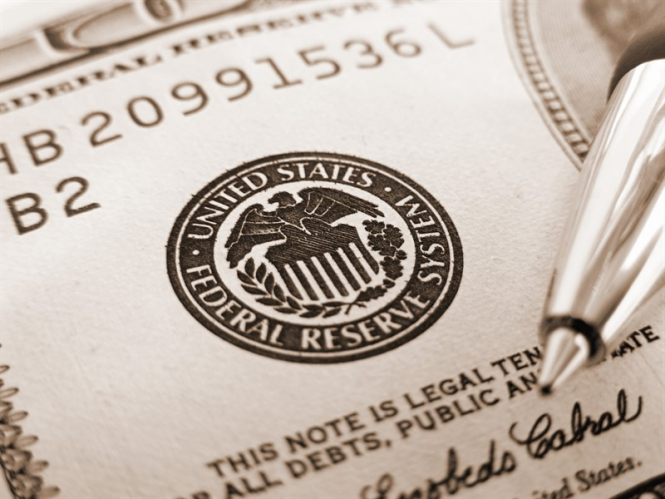
According to a number of experts, the prospects for a slowdown in the global economy, the extinction of the effect of fiscal incentives in the United States and the volatility of financial markets may force the Fed to act more cautiously in terms of raising interest rates.
Despite the fact that the probability of raising the rate is still estimated above 70%, the chances for its increase next year have decreased from 50 to 33%, reports Bloomberg.
"In December, the Fed is unlikely to take a pause in tightening monetary policy. However, it may follow in the first half of next year. I assume that markets will have to adapt to lower levels and slower rates in terms of both economic growth and rising interest rates," says Gene Tannuzzo of Columbia Threadneedle Investments.
"I think that the regulator will raise the rate in December, and then only once in 2019 and in 2020. At the same time, I admit that the Fed will not raise the cost of borrowing at all next year, while the world economy will "digest" the growth in short-term rates that have already taken place," said John Herrmann, a specialist at MUFG Securities Americas Inc.
A similar point of view is shared by Donald Ellenberger, senior portfolio manager, Federated Investors Inc.
"Given the fall in stocks, as well as due to the contraction in the economies of Germany and Japan in the past quarter, one cannot exclude the possibility that the Fed will abandon the three previously announced rate hikes in 2019," he said.
Slowing the rate of increase in rates would probably be great news for the stock market, which is now struggling to find the bottom after falling from record highs. In addition, it would weaken the dollar and support the assets of emerging markets.
"The pause of the Fed is a tide that can lift off all the ships in emerging markets. In this case, as an option, it would be possible to consider increasing positions in such assets as high-yielding bonds, the debt of border markets and EM currencies," said Edwin Gutierrez, an analyst at Aberdeen Standard Investments.
"Given the fact that in the future, the growth of the American economy may slow down, and inflation will be under control, the pause from the Fed seems quite a logical step. It would encourage investors to prefer currencies such as the South African rand, the Brazilian real, and the Turkish lira," said Chris Diaz, spokesman for Janus Capital Management.
The material has been provided by InstaForex Company - www.instaforex.com